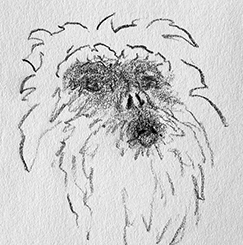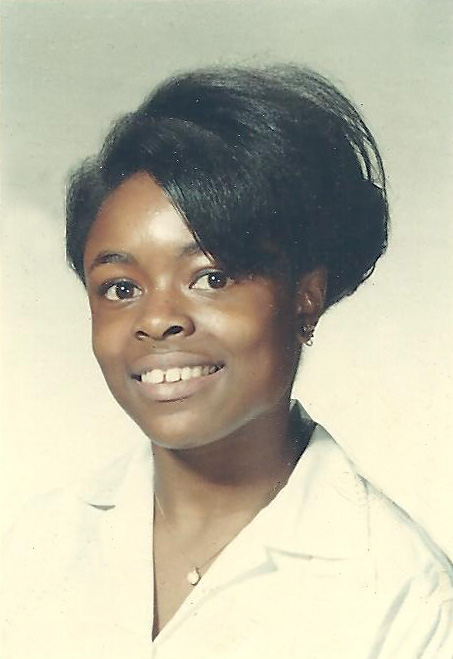Bernice
A truly remarkable thing just happened: I got back in touch with someone whom I’ve been thinking about for 46 years! Last week, I got a tip from a friend who told me her married name. I went on Facebook and saw her picture. I recognized that beautiful smile right away. I sent her a message, asking if it was really her and if she remembered me. She responded immediately, and I gave her my phone number. Within minutes, she called and, as soon as we got on the phone, it was as if we never left each other. The warmth and tenderness were still there. “Do I remember you?” she squealed. “Of course I do! I’ve thought about you often over the years.” So why is Bernice, whom I haven’t seen my entire adult life, so important to me? The truth is that, every time I see a black face, I think of her. In 1965, at my Bronx junior high school, several black children were bussed in from Harlem. Bernice was placed in my class and became a very close friend. We were both in the school choir, and she got many lead parts because of her gorgeous voice. We often walked arm in arm in the hallways with our other black friend Deborah, singing three-part harmonies of the latest Motown tunes. When talent show tryouts were announced, we boogalooed to the audition stage and got the gig, singing “Going to the Chapel of Love” by The Dixie Cups. We were a sight, dancing and snapping our fingers — an Oreo cookie with me in the middle. However, when I got home from school each day, my friendship with Bernice had repercussions. Some of us from white homes were duly forewarned about these new students. Parents who publicly denounced racism were known to whisper (or yell, like my father) cautious, frightening words to their impressionable children. |
One day, Bernice told me that she was having a party, and I really wanted to go. I pressed the issue with my father until he burst. “You cannot go to her party!” “Why?” I pleaded. He paced across the living room floor, frantically searching for the right answer. Then, with an I’m-not-such-a-bad-guy face, he bent down, shrugged, and looked into my eyes. “Maybe when you get older and have your own experiences, you’ll understand why I feel this way.” At age 11, I didn’t understand. Why couldn’t I accept Bernice’s invitation? “At my Manhattan store, I was held at gunpoint, tied up, kicked in the ribs, and robbed by those people … three times! How am I supposed to feel after something like that?” My angry stare said it all. I felt confused hatred for him and enormous sadness for Bernice. Would I ever be able to understand his point of view? A couple of days after my father’s outburst, while walking home from school, a group of young, black men approached me. My stomach tightened. Was it fear? Yes, it was. Did my father’s tirades affect my reaction to these men? Yes, they did. Was my fear reasonable? I didn't know — but I knew I didn’t want to feel that way. To this day, I still examine the filter through which my father looked at his life and his experiences. I still hear his words in my head: “You’ll see … you’ll learn.” These are things I never want to learn. I am truly grateful that Bernice is back in my life. © 2011 Joanne Shwed Originally written for CoastViews magazine |


















































